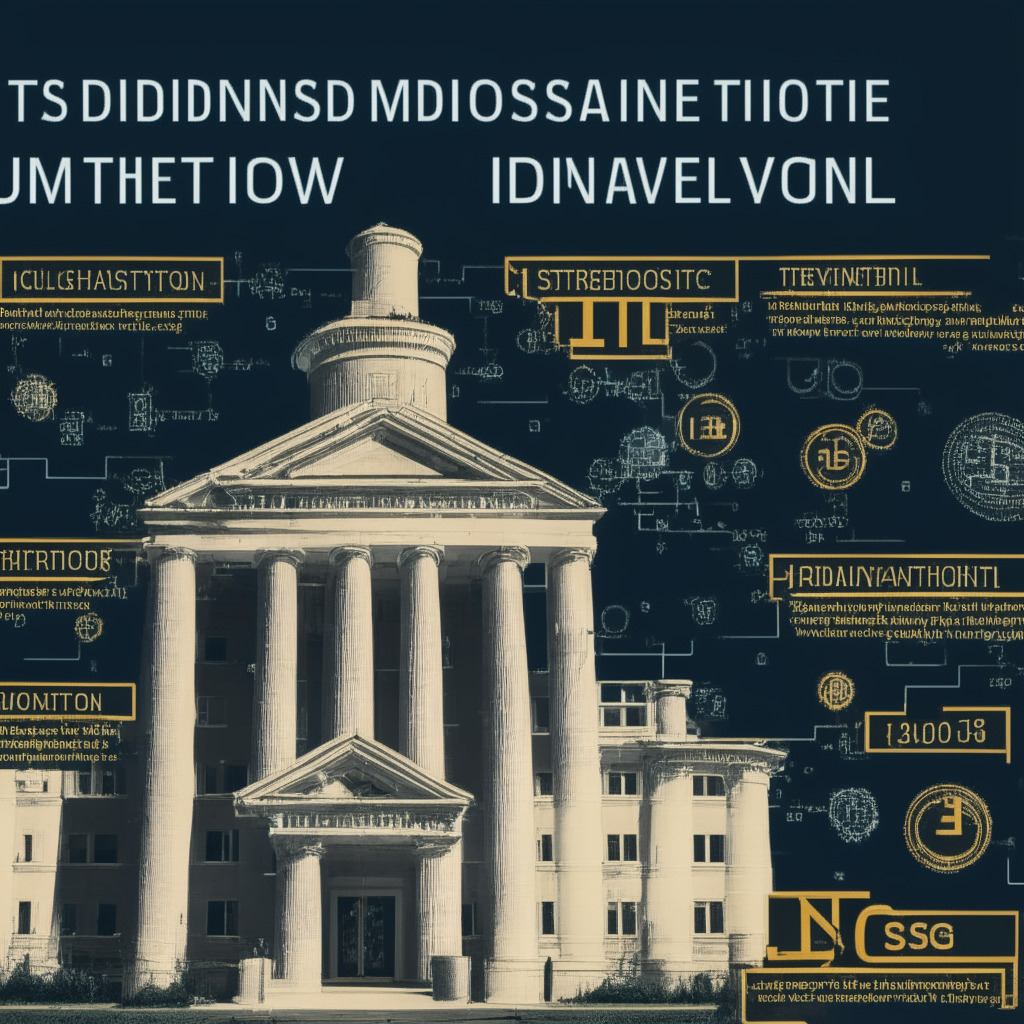A potentially significant development in the crypto industry involves Tether, the issuer of the widely popular stablecoin USDT, and its newfound banking relationship with Britannia Bank & Trust, a privately-held bank based in the Bahamas. This arrangement, according to unspecified sources mentioned by Bloomberg, is designed to streamline dollar transfers.
Though official statements from Tether or Britannia Financial Group, Britannia Bank & Trust’s parent company, have yet to be made, recent instructions to clients to remit funds to Britannia’s account suggest the relationship has been operational for some time. Historically, Tether has struggled to form connections within the traditional financial network, particularly involving US-based banks.
The company’s relationships with financial institutions, such as Bahamian entities Deltec Bank & Trust Ltd. and Capital Union Bank and Cantor Fitzgerald, which holds custody of Tether’s Treasury bill holdings, have been revealed by Tether’s CTO, Paolo Ardoino. Nevertheless, these connections have often been the subject of speculation. Just last year, Tether even reached a settlement over allegations concerning misrepresentations of its reserves and losses with the New York Attorney General.
This has led industry insiders, like Patrick Tan, to express concerns about Tether’s tangled web of banking relationships. He stated that the obscurity of these relationships has become a hurdle to the crypto industry, discouraging traditional asset managers from participating actively due to regulatory risks and slowing down regulatory approvals on related matters.
Britannia Financial Group, on another note, has been extending its sphere of influence recently with acquisitions, including a proprietary crypto trading company in April of the previous year. The CEO, Mark Bruce, even described crypto as an “increasingly important asset class” for many clients.
The narrative of Tether and its relationship with banks is interwoven with the growth of the stablecoin it issues. USDT’s market capitalization has seen significant growth this year, ballooning from $66 billion at its start to almost $83 billion today. The augmenting influence of USDT underscores the continuing need for Tether to navigate its banking relationships skillfully, given that these relationships are critical for continued success. In essence, the development of these relationships not only impacts the future of Tether but also the future of a broader cryptocurrency industry that depends heavily on the stablecoin.
Source: Cryptonews




